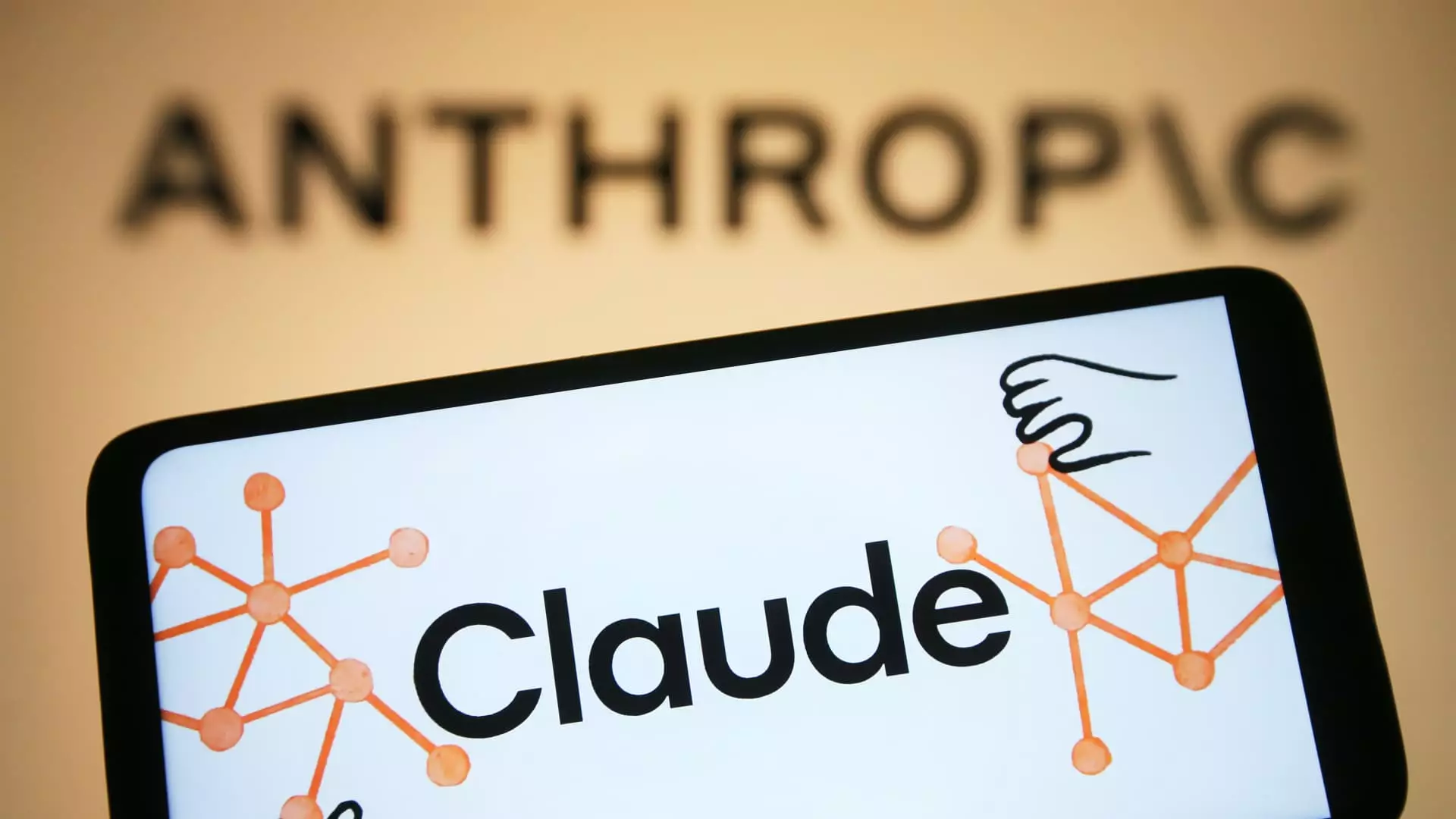With the rapid evolution of artificial intelligence, the importance of responsible industry practices is paramount. Recently, Anthropic, a rising player in AI technology backed by Amazon, unveiled a revised “responsible scaling” policy that aims to address the ethical and safety concerns surrounding AI development. This policy doesn’t merely outline best practices; it represents a critical shift in how organizations must approach AI as they scale their technologies. In an age where AI’s capabilities can be weaponized or misapplied, we can no longer afford to ignore the broader implications of these technologies.
Navigating the Treacherous Waters of AI Functionality
What’s most alarming about Anthropic’s latest updates is the acknowledgment that certain AI models might enable dangerous capabilities, such as aiding states in developing chemical and biological weapons. This realization forces us to confront uncomfortable truths about our innovations. If AI has the potential to automate roles traditionally filled by humans, particularly in sensitive areas like research, we must question the long-term societal impacts. Anthropic’s decision to implement additional security measures prior to launching such powerful models is not merely prudent; it’s essential. This self-imposed regulation showcases a burgeoning awareness of the ethical ramifications of AI—a step necessary for any serious player in this space.
Big Money, Bigger Responsibilities
The staggering $61.5 billion valuation of Anthropic positions it squarely among the giants of the AI sector. However, the success of a company isn’t just determined by its monetary worth but by how conscientiously it manages its innovations. In contrast to Anthropic, OpenAI operates with a nearly obscenely high valuation of $300 billion—an impressive figure that comes with equally impressive oversight. With such vast financial resources at stake, the competition becomes fiercer, and thus, the responsibility to act ethically becomes even more pressing. The narrative here is unequivocal: when organizations like Anthropic and OpenAI compete for supremacy, they must also compete on the grounds of ethical integrity and social responsibility.
Security Concerns in an Uncertain Landscape
Anthropic’s proactive approach includes measures like establishing an executive risk council and an in-house security team. These initiatives reveal an understanding that the threat landscape is evolving and that they, too, must adapt. When a company’s mission pivots toward actionable security protocols, it serves as an urgent reminder to all in the tech field: the importance of vigilance cannot be overstated. As AI capabilities become even more widespread, organizations must lay the groundwork to combat potential threats, including espionage—further exemplified by Anthropic’s commitment to conducting physical security sweeps.
Beyond Profit: A Call to Ethical Action
In a world increasingly driven by rapid technological advancement, companies must prioritize ethical frameworks to guide their innovation. While the financial prospects of AI are undeniably attractive—projected revenues reaching over $1 trillion within the next decade—the ethical stakes are equally high. The challenge lies not only in harnessing the power of AI responsibly but also in ensuring that the benefits of these technologies can be realized without compromising the safety and well-being of society. Anthropic’s efforts may mark a step in the right direction, but they must catalyze a more pervasive change within the industry. In doing so, they can serve as a case study on blending ambition with accountability, reminding us all that with great power comes an essential moral obligation.

Leave a Reply